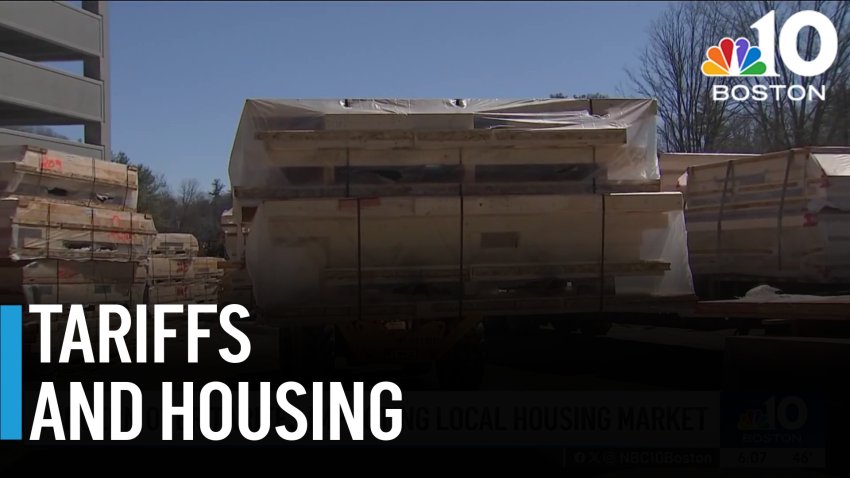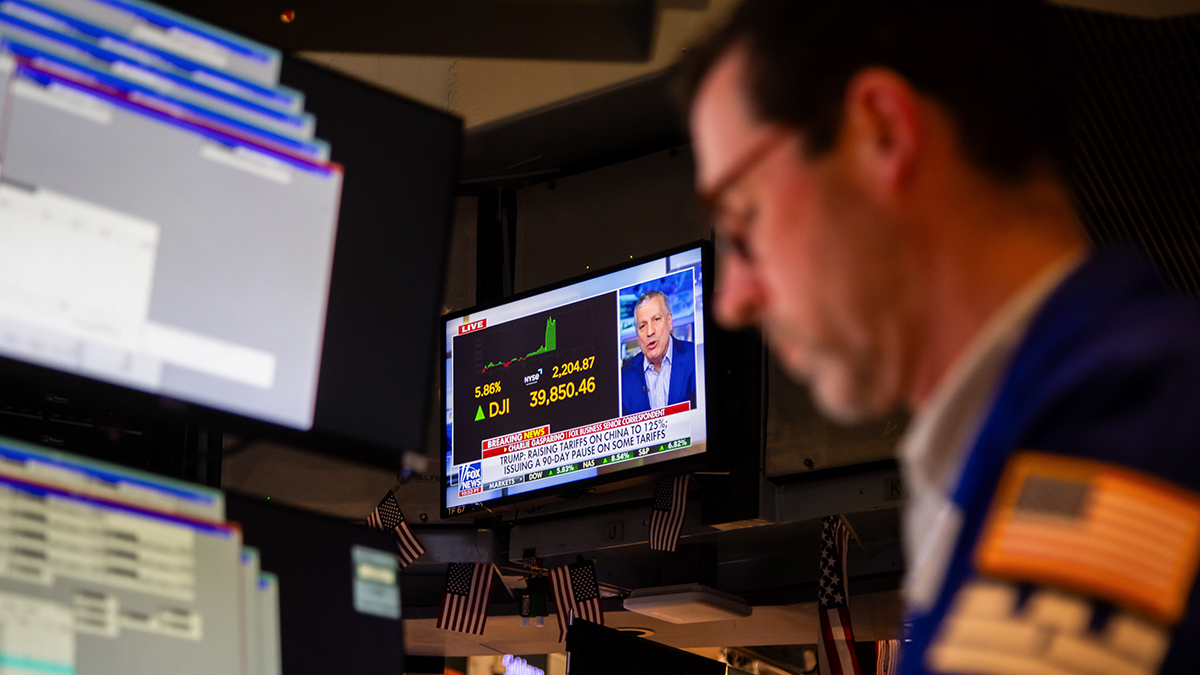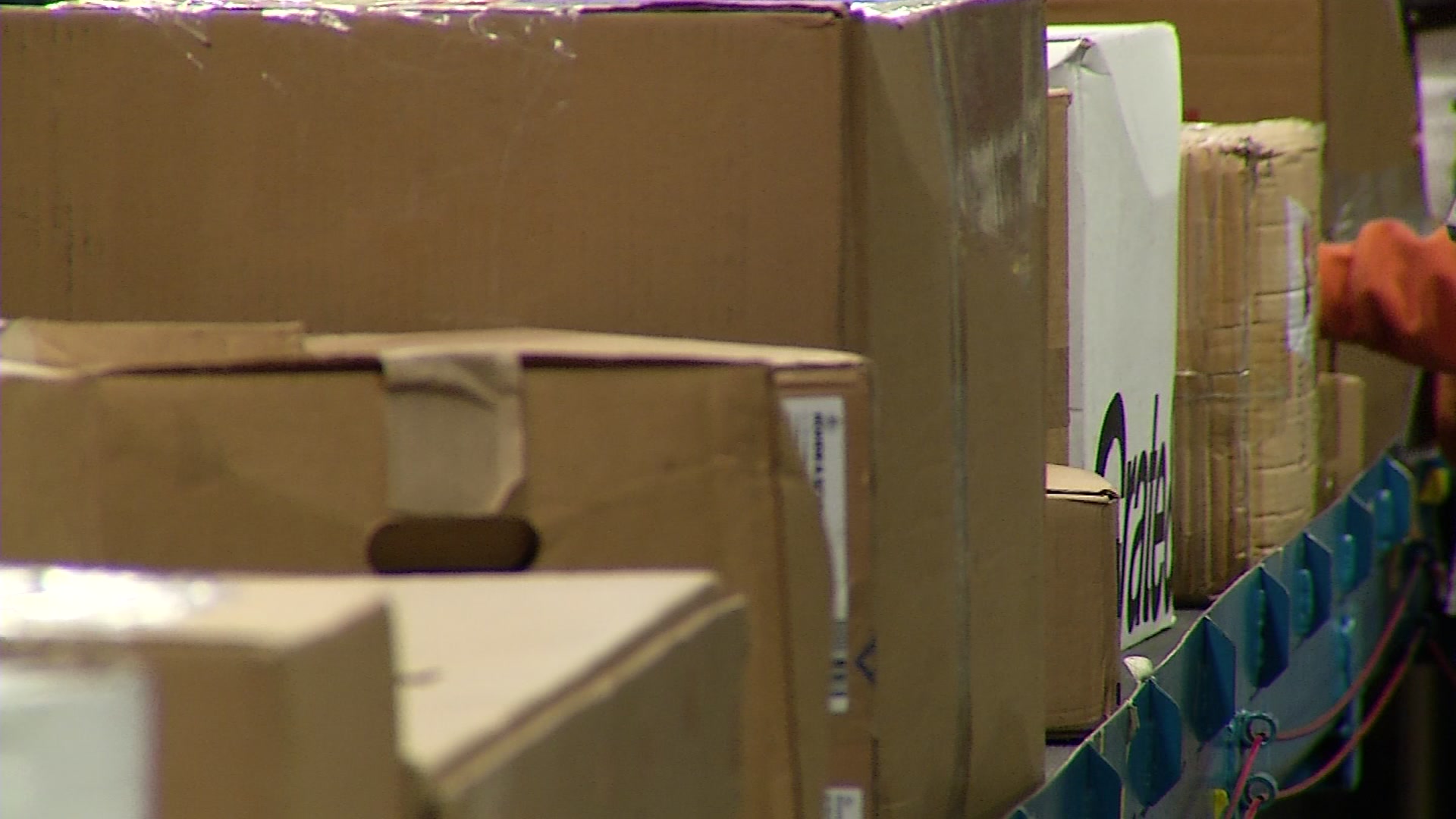President Donald Trump paused most of his tariffs beyond a 10% baseline, but some remain, including a 125% tariff on goods imported from China.
The stock market surged Wednesday on President Donald Trump's announcement of a 90-day pause on most of his tariffs, but people are still wondering what will happen to prices of everyday goods and services.
A 10% tariff remains in effect on goods imported from most countries into the U.S., and goods from Canada and Mexico that are not covered by the trade agreement between the three countries face 25% tariffs. A 125% remains in effect on goods from China.
WATCH ANYTIME FOR FREE
Stream NBC10 Boston news for free, 24/7, wherever you are. |
Businesses in Massachusetts, including restaurants, are worried about what the tariffs will do to prices.
Get updates on what's happening in Boston to your inbox. Sign up for our News Headlines newsletter.
Get updates on what's happening in Boston to your inbox. Sign up for our News Headlines newsletter.
"In the last couple months, I've seen really high increase of the costs," said Chompon Boonnak, owner of Mahaniyom, a Thai restaurant in Brookline. "If this continues growing a lot like this, I might have to send a signal to the customer, or tell the customer, that we might have to increase the price."
His restaurant uses key imported ingredients that are necessary for items on its menu.
"It's just really, really specific on the product, so it's really hard for me to change," Boonnak said. "Like, I cannot substitute anything with coconut milk."

The restaurant also gets its pork from Canada.
"The cost is going up already," Boonnak said.
China was singled out with a further increase in tariffs Wednesday, from 104% to 125%, even as Trump implemented the pause elsewhere.
"It's kind of like we're playing a game of chicken with China, or tit-for-tat, where it's like, 'Oh, you're going to raise a tariff, I'm gonna raise the tariff this much.' 'No, I'm going to raise it this much,'" said economist Brad Hershbein. "It very much is a game of chicken to see who's going to back down first."
The construction and housing industries in Massachusetts are also feeling the pinch.
Local officials say they're actively monitoring the impacts of the tariffs.
"We may also see unemployment go up," said Boston City Councilor Ed Flynn. "People will get laid off from their jobs, and construction will slow down."




